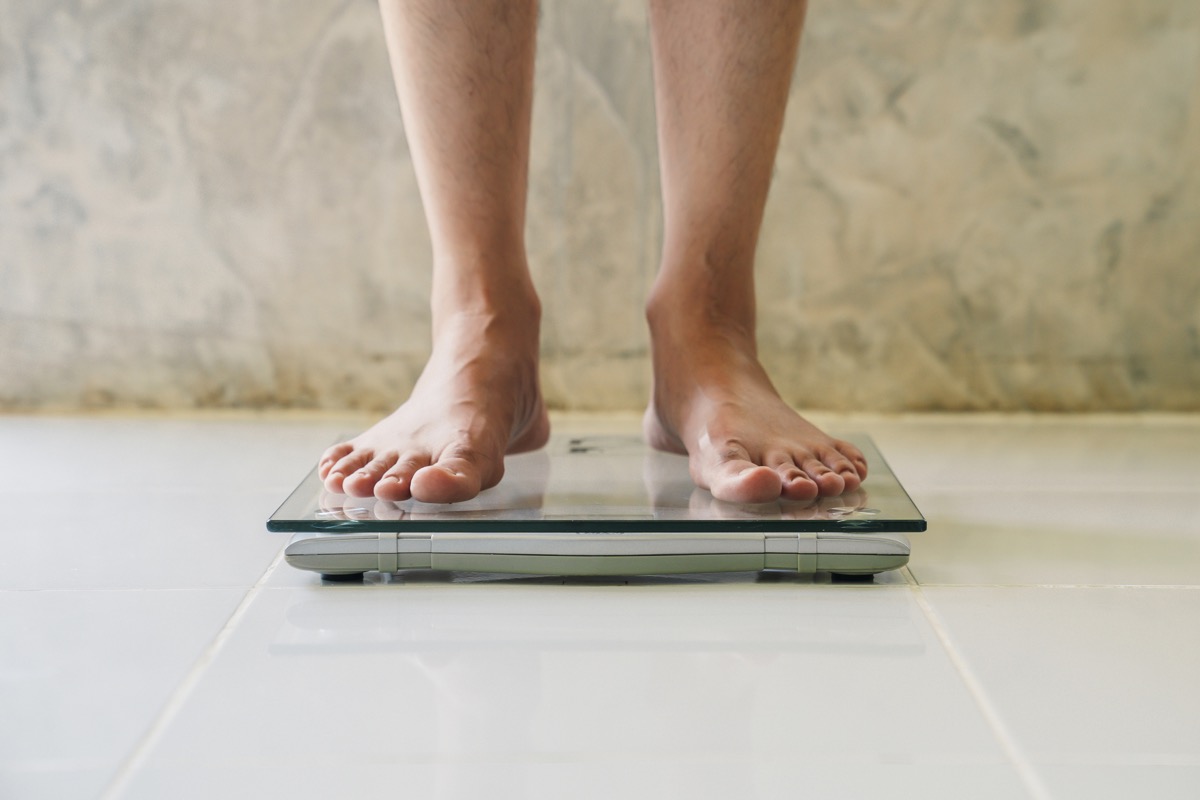RELATED: Stop Using This Supplement Immediately, FDA Warns. Researchers from the University of Sydney in Australia just presented the first global review in almost 20 years on the efficacy of weight loss supplements. The researchers shared their findings at the European Congress on Obesity and published them in the International Journal of Obesity. The study involved over 10,000 overweight or obese participants. Ultimately, the researchers found that the bulk of herbal and dietary supplements don’t result in clinically significant weight loss.ae0fcc31ae342fd3a1346ebb1f342fcb “Our rigorous assessment of the best available evidence finds that there is insufficient evidence to recommend these supplements for weight loss. Even though most supplements appear safe for short-term consumption, they are not going to provide weight loss that is clinically meaningful,” PhD candidate and study author Erica Bissell said in a statement. “Over-the-counter herbal and dietary supplements promoted for weight loss are increasingly popular, but unlike pharmaceutical drugs, clinical evidence for their safety and effectiveness is not required before they hit the market.” RELATED: If You Take This Popular Supplement, Your Heart May Be at Risk, Study Says. The study looked at a handful of popular herbal remedies and dietary supplements to understand which, if any, resulted in significant weight loss. For the purpose of this study, five and a half pounds was considered a clinically meaningful amount. According to the study, the weight loss benefits of ephedra, garcinia cambogia, licorice root, yerba maté, African mango, veld grape, mangosteen, and East Indian Globe Thistle were not clinically significant. And dietary supplements such as chitosan, glucomannan, conjugated linoleic acid, and fructans didn’t provide any meaningful weight loss either. If you take any of these supplements, it may be time to drop them. Modified cellulose, which creates the sensation of fullness, and blood orange juice extract showed some promise. However, the evidence was not substantial enough to justify the supplements being recommended for the use of weight loss, according to researchers. The only herbal supplement studied that had any notable benefit was white kidney bean, but the supplement still fell short of the five and a half pound threshold of weight loss. The supplements that you’re putting in your body often aren’t approved by the U.S. Food and Drug Administration (FDA). The FDA says you should know that “federal law does not require dietary supplements to be proven safe to FDA’s satisfaction before they are marketed.” Additionally, for the majority of claims made by dietary supplements, the law doesn’t require the manufacturer or seller to prove to the FDA that the claim is accurate. This means supplements can say they promote weight loss or other benefits without any proof or regulation. The FDA recommends that you talk with your doctor before taking any dietary supplements. “Many supplements contain ingredients that have strong biological effects, and such products may not be safe in all people,” the FDA says. RELATED: For more up-to-date information, sign up for our daily newsletter. Even if you find a supplement that helps suppress your appetite, which in turn allows you to drop some pounds, this method of weight loss is ill-advised, experts warn. “Supplements that may suppress appetite don’t actually teach you how to eat. Eventually, you will have to go off … them, and when you do, you have essentially learned how to take a pill to control diet, but you have not actually learned what the right diet is for you based on genetics, lifestyle, etc.,” Cleveland Clinic dietitian Kristin Kirkpatrick, RD, told Medical News Today. Kirkpatrick said learning to eat right and exercise is the key to sustainable, healthy weight loss. RELATED: This Supplement Can Cause Cardiac Arrest If You Take Too Much, Doctors Say.



